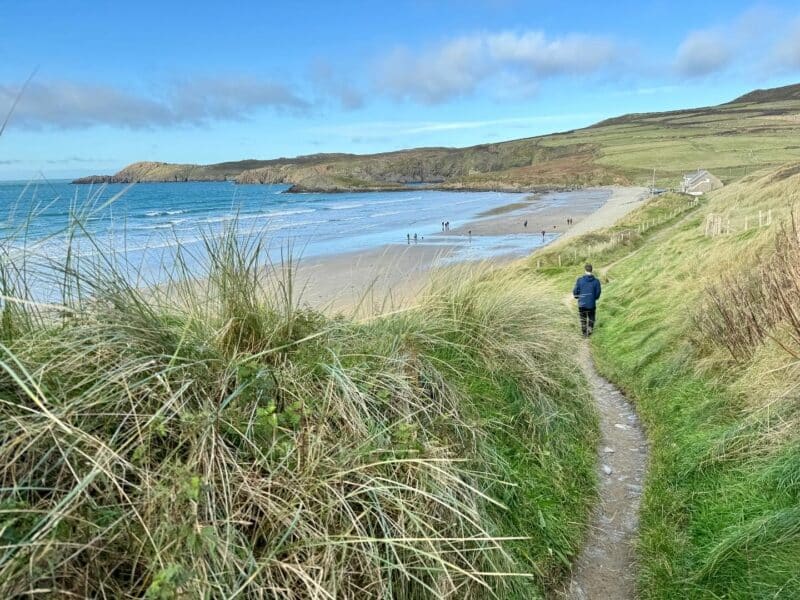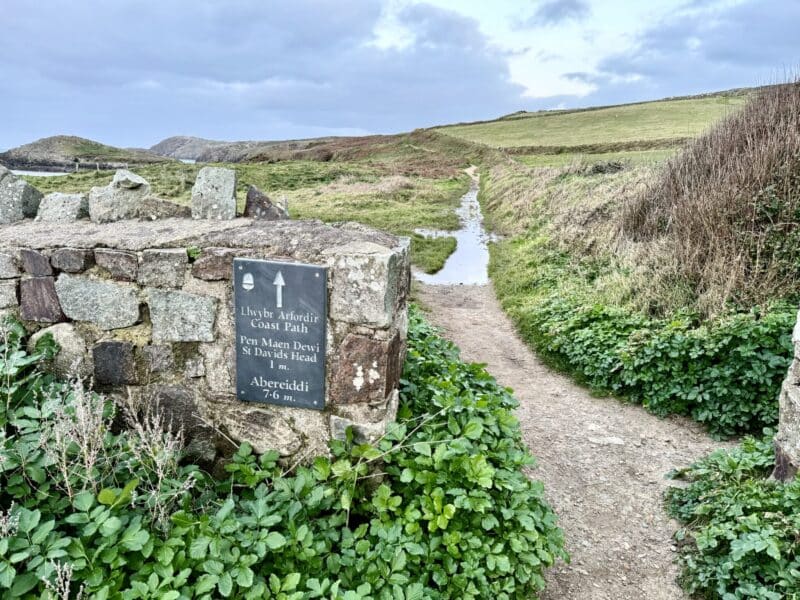December 10, 2023
Isaiah 9:1-7 + Matthew 4:12-22
The Joy of Every Longing Heart
The Advent season is replete with a sense of longing. We witness it in the pages of scripture. We see it in the stories our culture tells. Something has been lost that needs repair. The prophet Isaiah, roughly 700 years before the time of Christ, points forward to the genuine hope of one who would come with the power to set right what sin and rebellion had broken. Like our own day and time, Isaiah’s was full of moral, relational, political, cultural and spiritual darkness. He offers us the sure hope that darkness has an end. The “joy of every longing heart” can be finally and fully satisfied in the person of Jesus — the Light of the World. He has come, is with us now by His Spirit and will come again.
Join Pastor Tommy as we explore the rich promises of the Advent season and unpack their beauty, power and meaning for us today.




